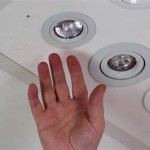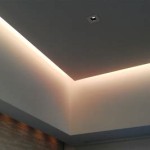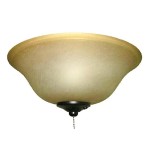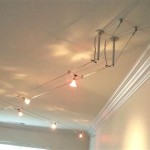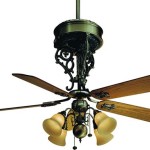Kitchen Sunken Ceiling Lights: Essential Aspects for Optimal Illumination
Kitchen sunken ceiling lights are a practical and stylish choice for illuminating your culinary space. By recessing the lights into the ceiling, they create a sleek and modern aesthetic while providing ample task lighting. Here are some essential aspects to consider when selecting and installing kitchen sunken ceiling lights:
Light Distribution and Placement:
Proper light distribution is crucial for illuminating your kitchen effectively. Determine the areas that require the most lighting, such as the sink, counter, and stovetop. Place the lights strategically to avoid dark spots and ensure even illumination throughout the room.
Light Output and Color Temperature:
The light output of your sunken lights should be sufficient to illuminate your kitchen comfortably without creating excessive glare. Consider the size of your kitchen and the number of lights needed for optimal brightness. The color temperature of the lights also affects the ambiance; warm white (2700K-3000K) creates a cozy atmosphere, while cool white (4000K-5000K) provides a more energetic and focused light.
Trim Style and Finish:
The trim style and finish of your sunken lights can complement or contrast with your kitchen's decor. Choose a trim that matches or accents the existing fixtures and finishes. Consider the type of ceiling you have; for plaster or drywall ceilings, opt for flush trims, while for acoustical tile ceilings, baffled trims are recommended to reduce noise.
Lamp Type and Wattage:
The type of lamp used in your sunken lights affects energy efficiency and longevity. LED lights are a popular choice due to their low energy consumption, long lifespan, and cool operating temperature. Consider the wattage of the lamp to ensure sufficient light output while minimizing energy costs.
Installation and Safety:
Proper installation is essential to ensure the safety and longevity of your sunken ceiling lights. If you're not confident in your electrical abilities, it's recommended to hire a qualified electrician for the installation. Follow manufacturer's instructions carefully and ensure that the lights are securely fastened and electrical connections are properly made.
Maintenance and Cleaning:
Regular maintenance is essential to keep your sunken lights functioning optimally. Wipe the fixtures with a damp cloth to remove dust and debris that can accumulate over time. Check for any loose connections or flickering and address them promptly to prevent electrical issues.
Conclusion:
Kitchen sunken ceiling lights are an excellent option for illuminating your cooking and entertaining space. By considering these essential aspects, you can choose and install lights that meet your specific needs and create the perfect ambiance for your kitchen.

How To Update Old Kitchen Lights Recessedlighting Com

What Is Recessed Lighting Flip The Switch

Learn How Recessed Lighting Can Transform Your Kitchen

Recessed Lighting Guide Lowe S

Recessed Lighting Best Practices

Choosing Led Recessed Lighting For Your Kitchen Wolfers

How To Put Recessed Lights In The Ceiling

29 Kitchen Recessed Lighting To Brighten Your Cooking Space

Kitchen Recessed Lighting Layout And Planning Ideas Advice Lamps Plus

Ceiling Lights Interior For Kitchens At Light11 Eu
Related Posts


